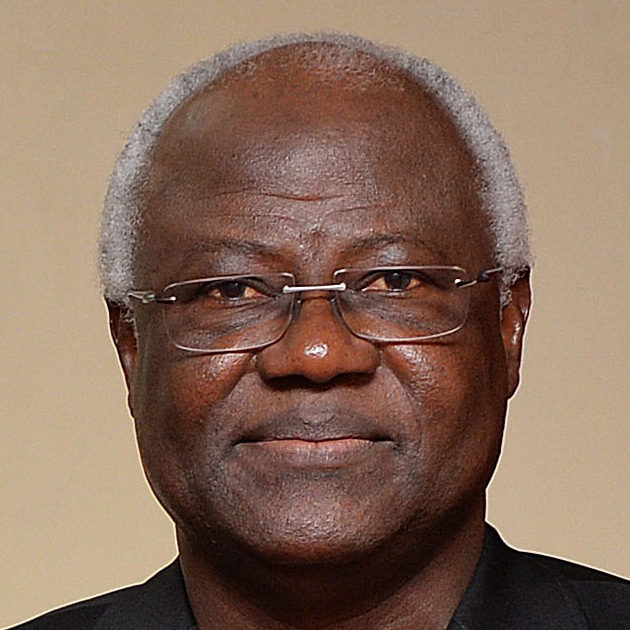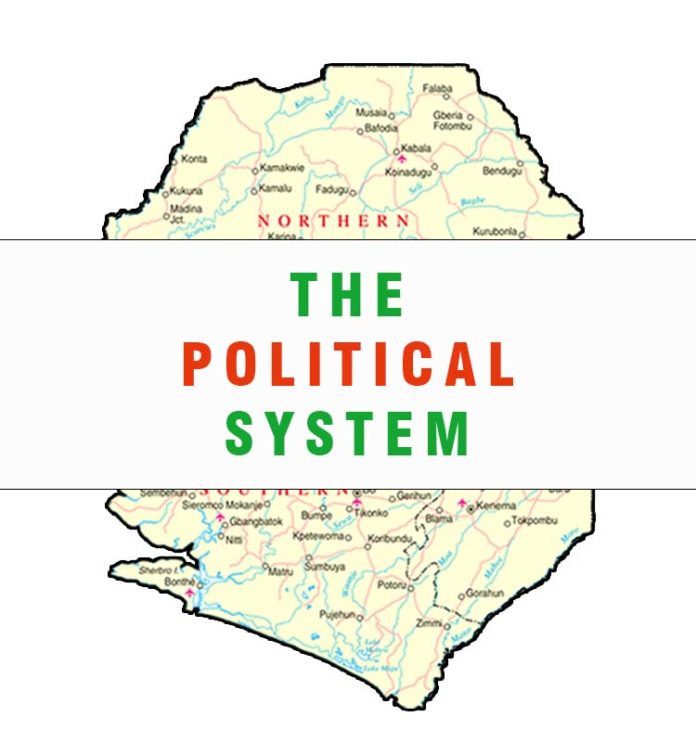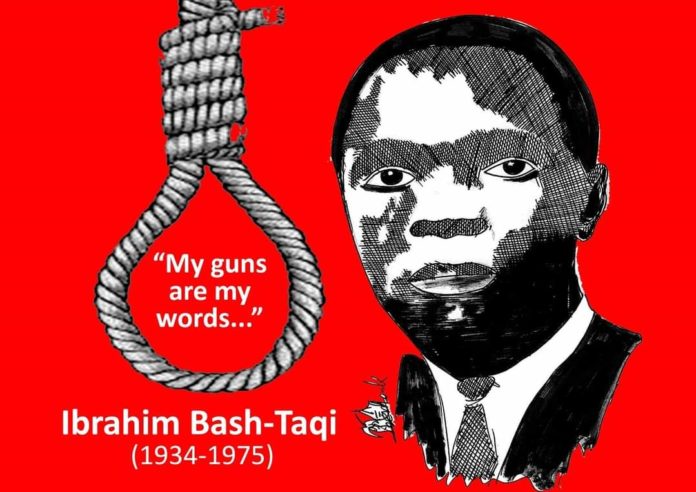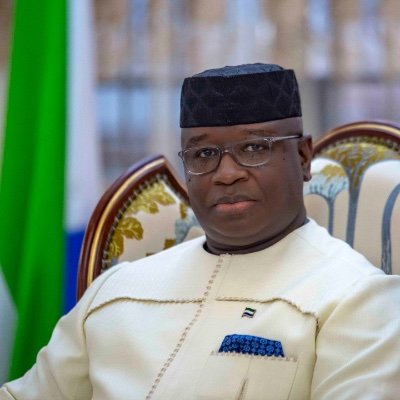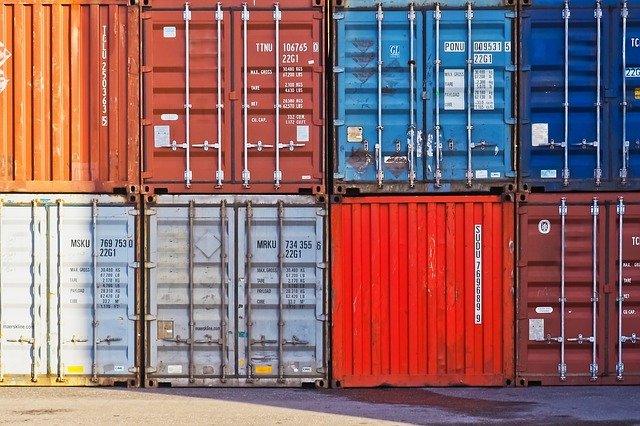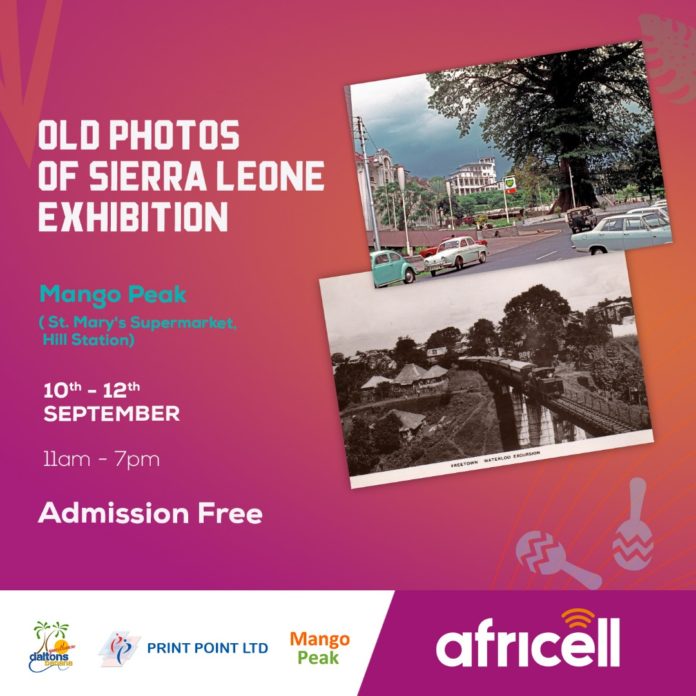by Mahmud Tim Kargbo
Sierra Leone now faces a choice between the crook former President Ernest Bai Koroma and the rule of law.
So now it’s confirmed, as a matter of legal record, that Ernest Bai Koroma organised a scheme to violate national laws. He used his longtime authoritative actions to pay stooges of his government for silence.
It’s a matter of legal record, too, that Koroma’s stooges were huge-scale crooks. Despite taken an oath to serve the nation in a number of tangible ways, they volunteered behind the scene to work for Koroma’s interest at the expense of the state—and Koroma accepted.
These two cases complete the beginnings of the story. They are not the story in full. Ernest Bai Koroma’s action to manipulate the All People’s Congress constitution in his favour was like the first rocky outcroppings a ship passes as it makes landfall. This was an example of the kind of person willing to serve his personal interest irrespective of the consequences —and that was the way he carried on his business throughout his presidential terms.
Unless former President Koroma somehow finds a way to shut it down.
It gets harder and harder to condemn an investigation as a witch hunt as it holds you and your closest associates accountable for major crimes. Who imagines that the Commission of Inquiry conviction represents the end of the trial on all financial criminal matters against Ernest Bai Koroma? Traditional masquerades can only delay the Anti-Corruption Commission from taking Koroma’s statement on alleged financial criminal offences, but cannot prevent the Commission from pressing charges against Koroma—if anything, they would worsen his exposure and enhance the impression of guilt.
Perhaps for his image, Koroma has apparently calculated that the cost of closing down the Anti-Corruption Commission investigations with traditional masquerades is better off than the cost of enduring it. That always looked like a gamble against the odds. Now it looks like a proven bad bet and a bet that will only worsen over time.
Can Koroma’s own affairs survive the scrutiny applied by the Sierra Leone Anti-Corruption Commission?
Can his company’s…?
Can his family’s…?
Before Koroma entered politics, very few people ever bothered to look very hard into Koroma’s affairs.
Now they are looking!
Koroma imagined that holding the usual powers of the presidency would safeguard him. He has learned his mistake.
I assume, the saddest thing is that he may be thinking because I was the president of Sierra Leone, I was not supposed to be involved with the Justice Department. I was not supposed to be involved with the Police and other democratic institutions.
Not supposed to be—but what if he concludes he has to be? As Koroma comprehends his danger, will he really meekly submit? Koroma’s whole philosophy of life is of a kill-or-be-killed competition. It’s an old question: Is Koroma an authoritarian, or a crook? The answer is shaping up. Koroma must be an authoritarian precisely because he is a crook. The country can have the rule of law, or it can keep the Koroma authoritarian legacy. Facing that choice, who doubts what Koroma’s answer, or the answer of his supporters, will be?

